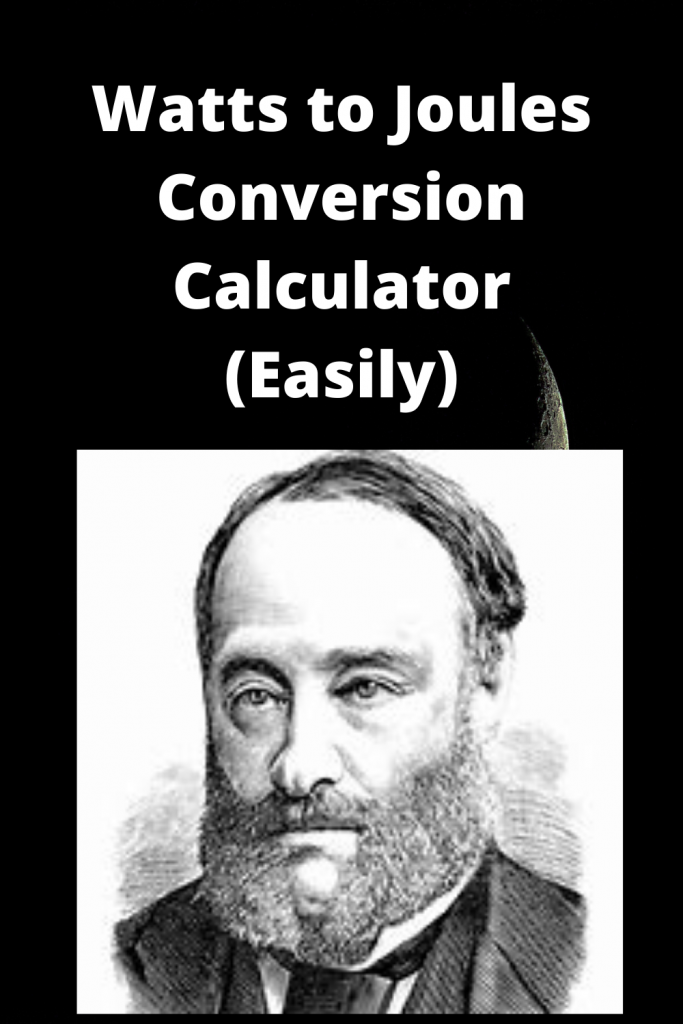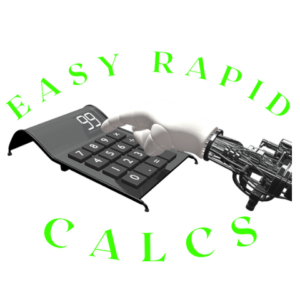Watts to Joules Calculator
What is the Formula
1 W = 1 J/sec
Definition of each element of the calculation
W stands for watt and J stands for Joule. A watt is used to calculate the rate of energy transfer in quantifiable terms, whereas a joule is a unit of energy.
It is important to note that watts are stand-alone units and never expressed as watts per hour or watts per minute. Joules, on the other hand, are always expressed on a per second, minute, or hour basis.
How to do the calculation
The conversion of watts to joules per second is one of the easiest calculations available.
1 watt is simply equal to 1 joule per second.
Therefore, 7 watts equal 7 joules per second, 12 watts equal 12 joules per second, 13,000 watts equal 13,000 joules per second, etc.

Converting watts to a higher unit of energy is very simple as well and only involves calculating on a per second basis.
For example, since there are 60 seconds in a minute, 1 watt is equal to 60 joules per minute.
Furthermore, since there are 3600 seconds in an hour, 1 watt equals 3600 joules per hour.
It is important to remember that while watts are stand-alone units and joules are not, this does not affect the simple conversion rate of 1 to 1.
Overthinking this formula is primarily the only way to get it incorrect.
Important tips and warnings
Probably the only significant difficulty about this formula is to remember that the 1 to 1 conversation rate involves watts and joules per second.
It would be easy to incorrectly utilize the formula as being 1 watt equals 1 joule per minute or 1 watt equals 1 joule per hour.
Also, remember that watts are stand-alone units that are never expressed on a per period of time basis.
Conclusion
Converting watts to joules is one of the easiest calculations available by simply being a 1 to 1 ratio from watts to joules per second.
If converting watts to a higher unit of energy is desired, remember to calculate on a per-second basis, with 1 watt being equal to 60 joules per minute and 3600 joules per hour.
As long as you do not overthink the calculation, remember the easy 1 to 1 ratio, and remember that the difference in how watts and joules are expressed do not affect the calculation, you should have no problem in the conversion process.
